LogiMAT – International Trade Show for Intralogistics, Process Management
Between 19-21 March 2024, the LogiMAT trade show dedicated to intralogistics solutions occurred. Companies from industries such as logistics, transportation, distribution, and, of course, technology advancement, including robotics and automation, showcased how software solutions support ongoing digitalization.
LogiMAT developments in areas such as storage, distribution, materials handling, trailers, or container loading solutions, helps drawn conclusions about future of intralogistics and we share them with you in this article. Learn more about today’s trends in carrying cargo across various transport modes. Stay ahead with the latest developments and join us to see how our solution is positioned in today’s transportation, logistics, and loading solutions.
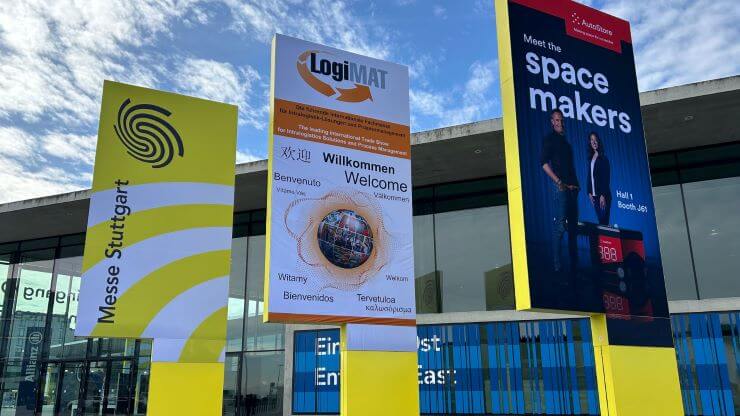
LogiMAT trade fair: the event that sets the course for action
There is no doubt that LogiMAT – the International Trade Show for Intralogistics Solutions and Process Management – was a significant event this year, if not the biggest one dedicated to multidisciplinary solutions ranging from hi-tech and software to specific areas such as cleaning materials for warehouses.
The event attracted 67,420 industry professionals, marking an 8.1% increase from the previous years. Covering a total space of 67,000 square meters across ten halls, visitors could explore booths from 1,610 exhibitors participating in LogiMAT 2024. This number reflects a 6% increase compared to previous editions. The fair welcomed 101,649 visitors, exhibitors, and media representatives to Messe Stuttgart to engage with innovation.
LogiMAT’s continued success underscores its position as a top event in the intralogistics industry, where companies are showcasing innovation and facilitating meaningful connections among industry stakeholders. During the LogiMAT international trade fair, visitors could meet companies from different industries. The main sectors were covered by companies from Germany and around the world. LogiMAT exhibitors represented a variety of industries critical to material handling and storage systems, showcasing innovations in various halls. Attendees learned about warehouse equipment, system suppliers, structures, and storage technologies, including racking, autonomous robots, and more.
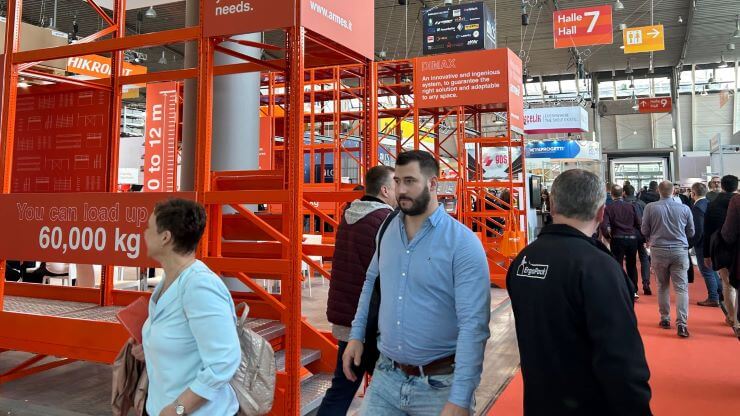
In Hall 8, companies showcased logistics software providers, offering warehouse and transportation management solutions, fleet management, order picking systems and loading software, and digital tools. In another hall, companies showcased automated guided vehicles and robotics for intralogistics solutions, and leading players such as STILL presented state-of-the-art solutions and competitive solutions from other German companies. Packaging solution providers occupied Hall 4, showcasing intelligent packaging and storage solutions integrated with modern software. A unique and relatively small section in Hall 2 focused on labeling solutions, highlighting their importance in tracking materials and preventing loss of goods during shipping.
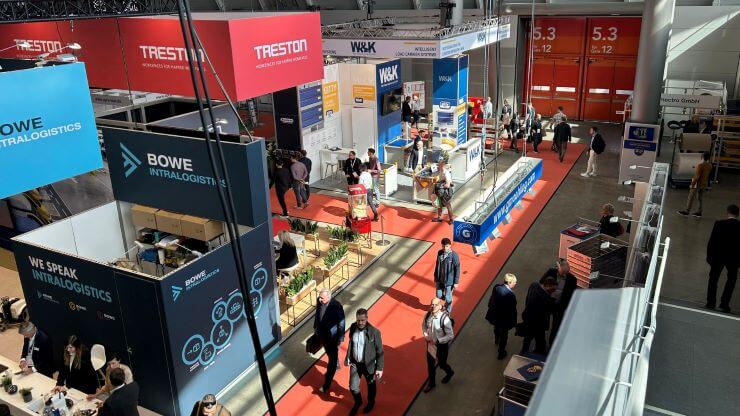
LogiMAT trade fair for container and truck loading
By visiting the venue at LogiMAT, people could see where companies are struggling the most these days. Among the impressive solutions offered to the logistics industry, many companies still do not cope with fleet management solutions, which also impacts the effective utilization of shipping space in containers or trailers.
Whether it’s about intermodal transport or road transport with cargo outbound in cross-border shipping, over the years, at EasyCargo, we have learned what the most common struggles are for companies that want to get the most out of their business. The problems often come with insufficient utilization of loading space, which boils down to many disadvantages for the entire supply chain.
Loading trailers and containers presents critical challenges, whether for Fast Moving Consumer Goods (FMCG), Dangerous Goods (DGR), raw materials, or batteries. Here are the problems that logistics companies still face to some extent:
Temperature management: Ensuring proper temperature control is essential for all types of cargo to prevent spoilage, degradation, or dangerous reactions.
Safe loading practices: Regardless of the type of cargo, improper loading methods can lead to damage during transportation. Proper securing, weight distribution, and loading techniques are essential for all kinds of goods.
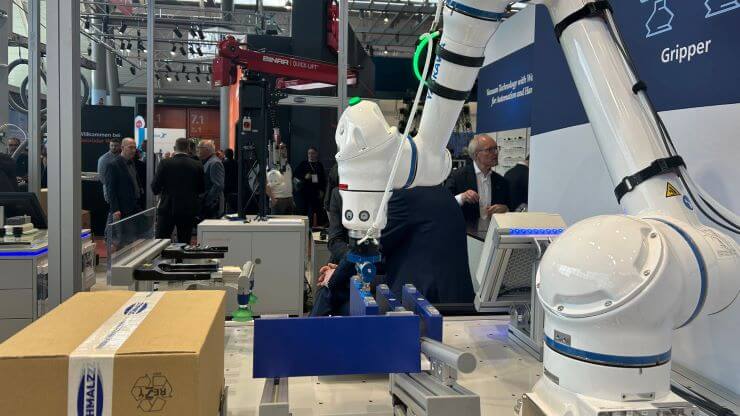
Specialized handling equipment: Different types of cargo may require specialized equipment for safe transport. It may include temperature-controlled containers, lifting equipment, or equipment for handling hazardous materials.
Quality assurance: Regular inspections and adherence to standards are essential to maintaining cargo integrity. It applies to all goods, ensuring compliance with regulations and industry standards.
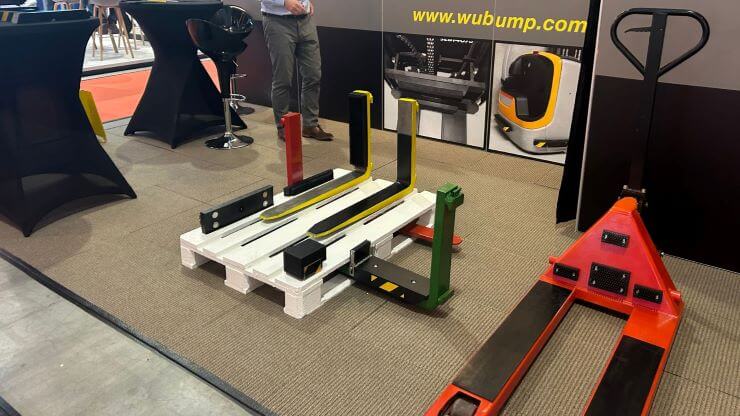
Regulatory compliance: Compliance with the regulations governing each type of cargo is crucial to prevent businesses from expensive fines. Whether it's food safety standards for FMCG, hazardous materials regulations for DGR, or specific guidelines for transporting lithium batteries, compliance is critical to avoiding legal issues and ensuring safety.
Utilizing Technology: Implementing technology solutions such as load planning software or RFID tracking systems can help optimize loading space utilization. These tools provide real-time visibility into cargo placement and enable better decision-making for efficient loading with an excellent visual interface.
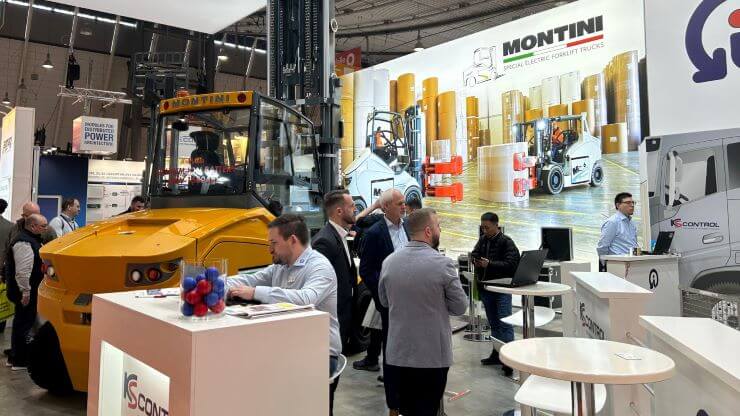
Loading space utilization: Maximizing the use of available space within trailers and containers is essential to minimize transportation costs and environmental impact. Efficient packing techniques, such as cubic utilization in bulk shipping and stacking optimization, all help make the most of limited space for efficient shipping.
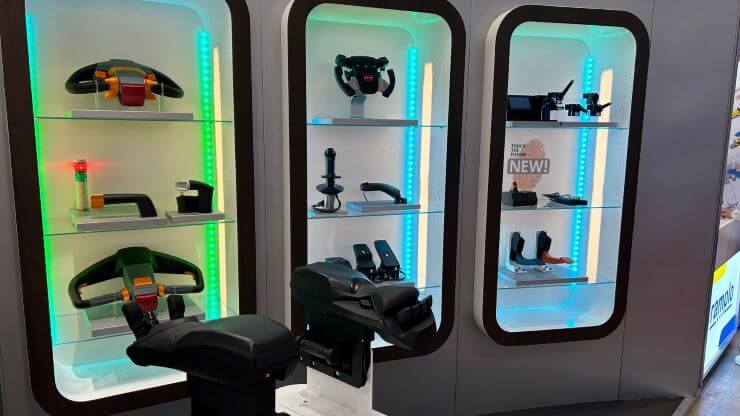
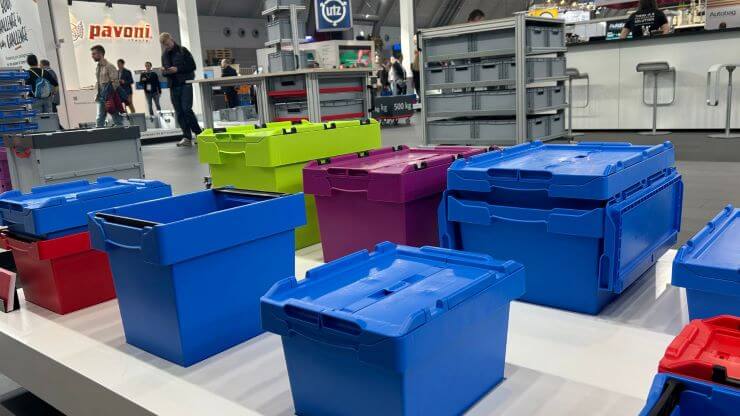
Forum Experts Stage at LogiMAT Trade Fair
At the venue, visitors were able to listen to various professionals from the logistics and transportation industry. The panel discussion titled „The Future of Mobile Robots from the Perspective of Sensor Manufacturers,” held at LogiMAT Arena – Atrium, Entrance East, addressed the evolving role of mobile robots. In the past, these robots performed a wide range of tasks in various scenarios outside factory floors and warehouses, reaching out into public areas. They encountered unique safety challenges as they interacted with trained personnel and people unfamiliar with robots. It required advanced design and sensor technology.
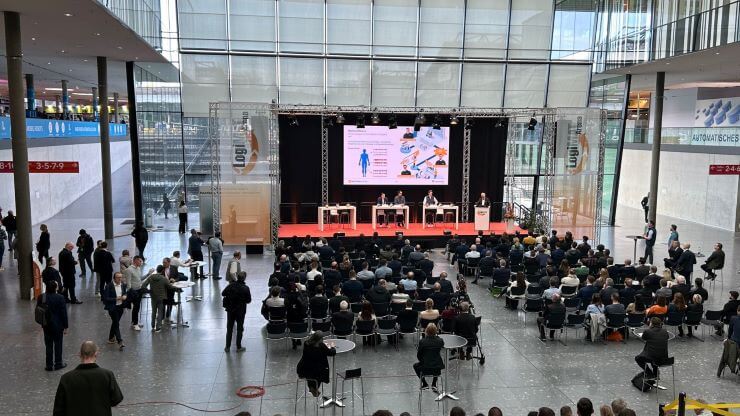
In addition, the discussion touched on the complexity of loading cargo onto trailers, further underscoring the need for innovative solutions for integrating robots into different environments. The expert panel included Frank Bauder of Leuze Electronic GmbH + Co. KG, Arno Hagemann of Pepperl+Fuchs Gruppe, and Philipp Maurer of SICK Sensor Intelligence, who presented insights and strategies for dealing with these challenges.
Summary
In addition to showcasing cutting-edge technologies and solutions, LogiMAT 2024 highlighted the growing importance of loading planners in optimizing transportation operations.
As companies seek to maximize efficiency and minimize costs. The adoption of loading planning software has become a key trend. Companies can use such tools to optimize available space in trailers and containers, thereby reducing transportation costs and environmental impact.
The extensive use of loading planning tools underlines the industry’s commitment to adopting technology-based solutions. This approach can easily contribute to increased operational efficiency and sustainability.
EasyCargo is a company that delivers modern software for planning cargo loading onto containers and trucks. Our platform benefits industries around Europe and worldwide. Contact us today and find out about the capabilities that we offer for your business.




